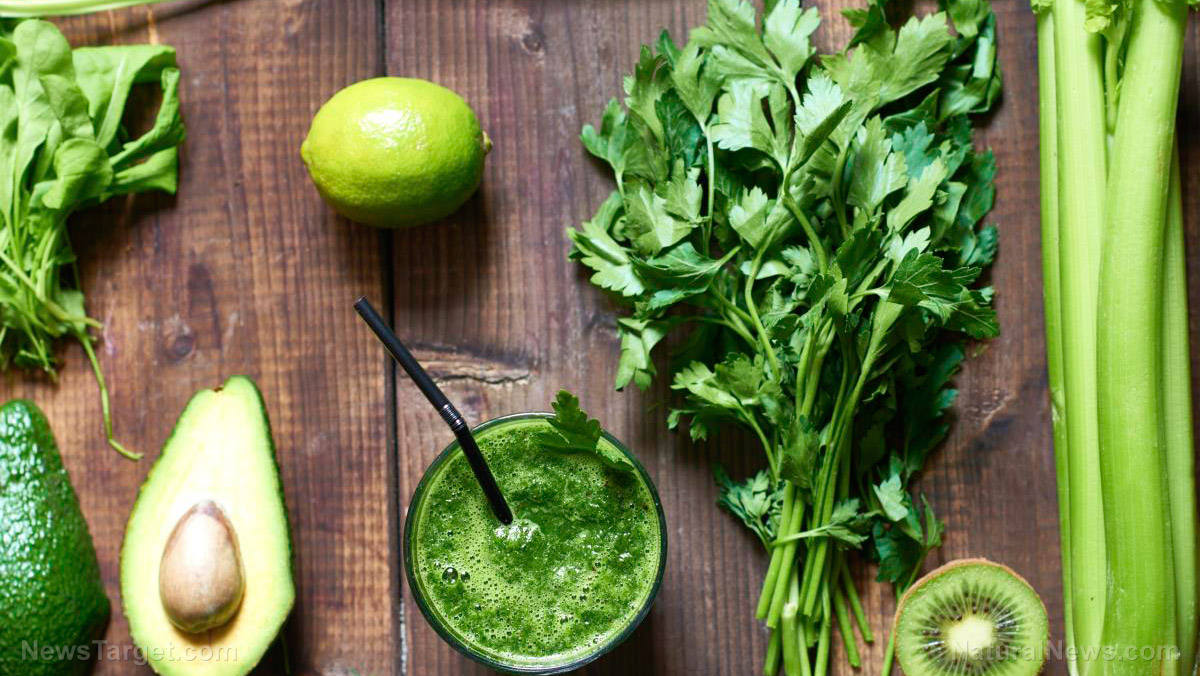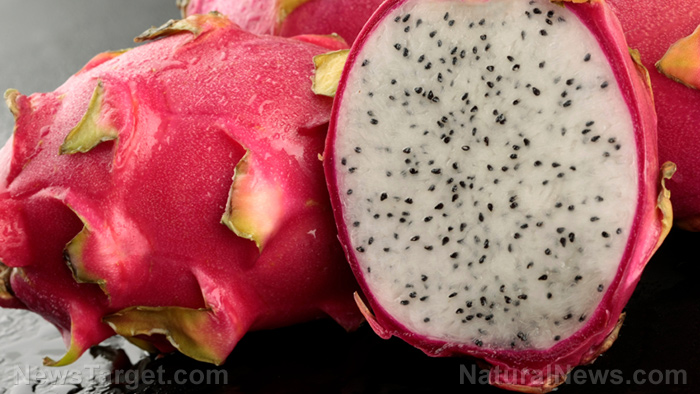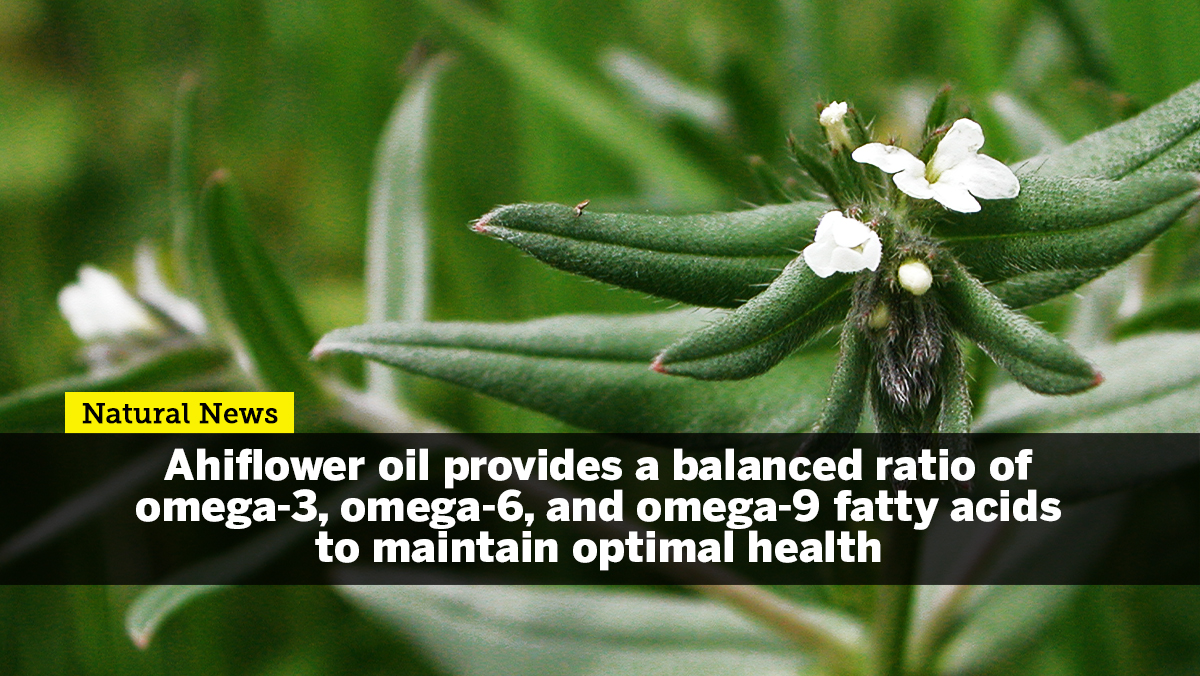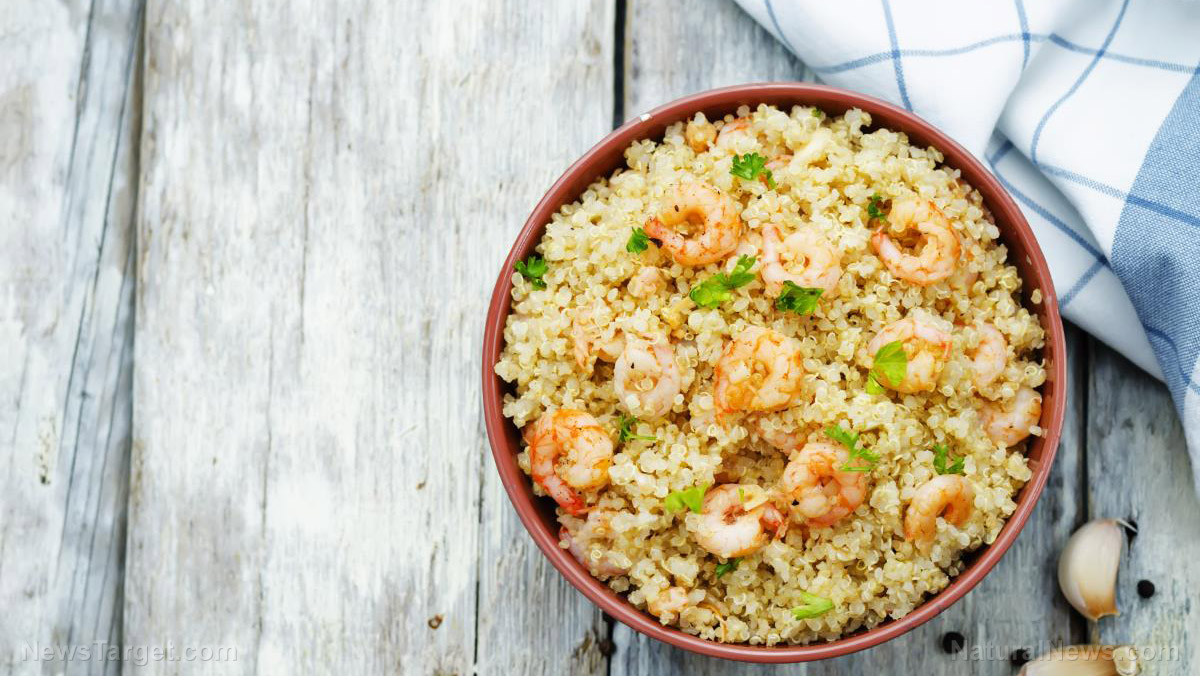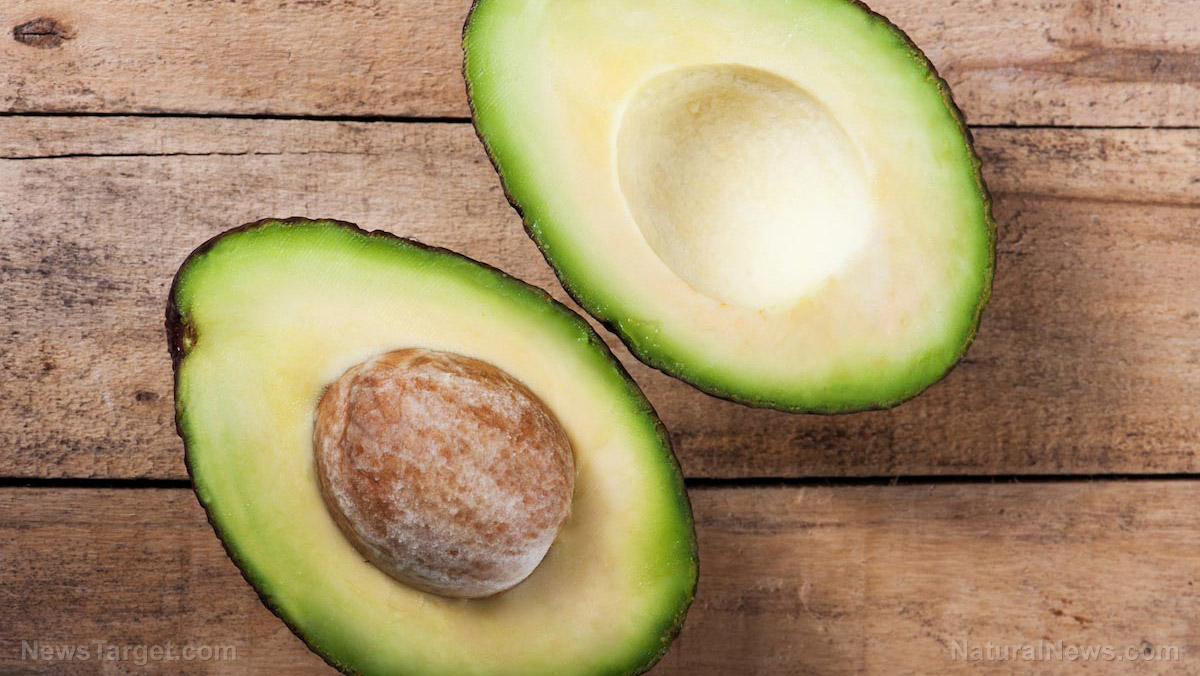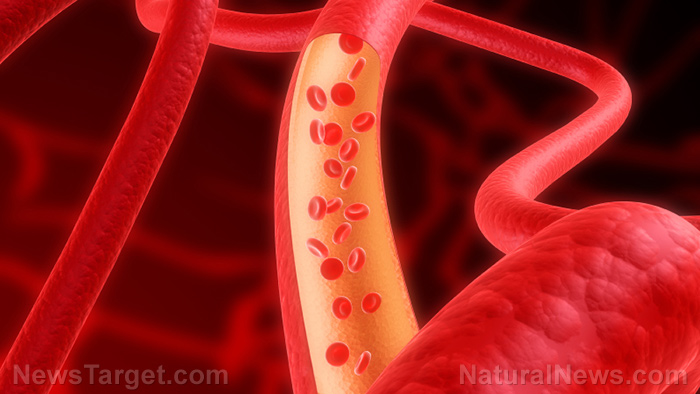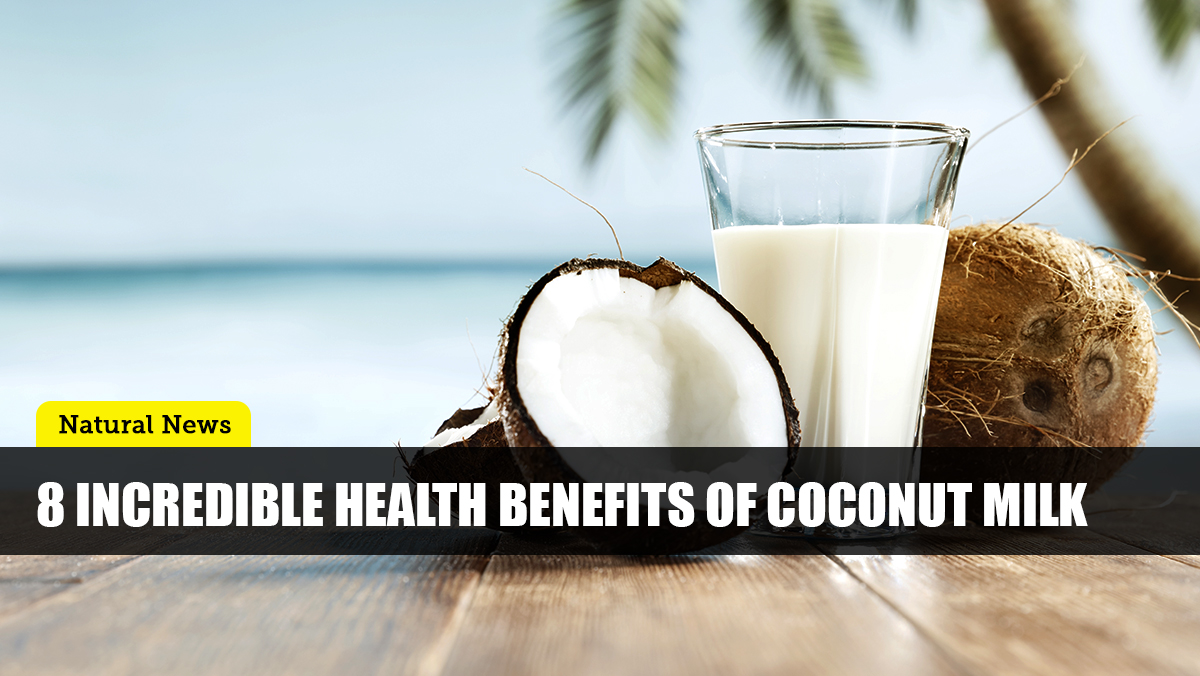8 Health benefits of raisins, a fiber-rich superfood
10/28/2019 / By Evangelyn Rodriguez
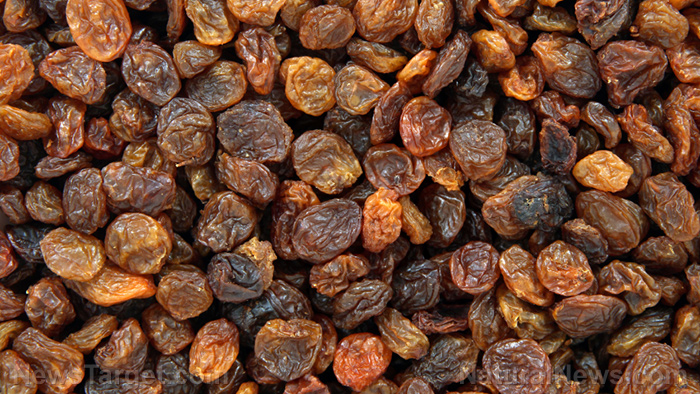
Fruit often makes the perfect snacks for dieters and health-conscious people. While most dried fruits are on the high side when it comes to sugar and calories, they offer a lot of health benefits when eaten in moderation. Raisins — sun-dried or mechanically dehydrated grapes — in particular, are a great example of these. Raisins are not only packed with essential nutrients, they are also versatile food ingredients and tasty additions to many recipes. Here are some nutritional facts about raisins and the health benefits they offer.
Snacking on raisins: What’s in it for you
Like many superfoods that complement any type of diet, raisins are rich in dietary fiber. Fiber not only helps keep the digestive system healthy, it also promotes satiety — a helpful element in weight management, improves cholesterol and blood sugar levels, and helps prevent diseases like diabetes and cancer.
Besides fiber, raisins also contain antioxidants — in fact, much more than the common grape (Vitis vinifera) from which they are made. The drying process raisins undergo helps preserve their antioxidant content; however, it decreases their vitamin C content in return. Nevertheless, raisins provide plenty of other nutrients, such as:
According to a review by American researchers, raisins are an effective source of dietary antioxidants, such as flavanols and other phenolic compounds. These beneficial phytonutrients not only have high bioavailability — meaning they can be easily absorbed by the body — they also have a high total antioxidant capacity.
Antioxidants protect cells from harmful free radicals, which are linked to aging and serious health conditions.
8 Health benefits of raisins
Adding raisins to your daily diet is a good way of boosting your nutrient and antioxidant intake. It is also the surest way of reaping their many health benefits, which include:
Balanced stomach acidity
Raisins contain many minerals which can be considered alkaline. These base-forming dietary minerals include copper, iron, potassium, and magnesium. Alkaline minerals help regulate the acid-base balance inside the body by balancing the stomach acid, thereby preventing too much stomach acidity caused by acidogenic diets.
Cancer prevention
Oxidative stress caused by free radicals is a main contributor to the development of cancer, the growth of tumors, and premature aging. Because raisins are rich in antioxidants that keep free radicals in check, eating raisins regularly can help protect your body from oxidative damage and prevent cancer.
Healthy red blood cell production
Raisins may also prevent anemia, a condition marked by insufficient amounts of red blood cells that transport oxygen to different parts of the body. Since many of the nutrients in raisins are needed for the production of red blood cells, consuming raisins as part of your diet can help keep your red blood cells at a healthy level.
Improved digestion
The soluble fiber in raisins is important for digestive health. It promotes regular bowel movements by bulking up your stool and drawing water to help it move through the digestive tract with ease. Soluble fiber also makes you feel full longer, prevents constipation, and has cholesterol-lowering effects.
Lower blood sugar levels
Although raisins have high amounts of sugar, a study published in the journal Postgraduate Medicine found that they don’t cause blood sugar spikes. In fact, eating raisins significantly decreased glycated hemoglobin (HbA1c) levels in men and women, suggesting that regular consumption can help lower blood sugar levels.
Maintenance of eye health
Raisins are rich sources of polyphenols, plant compounds with antioxidant activities. Polyphenols can prevent inflammation in different parts of the eye caused by oxidative stress. Inflammation contributes to the development of eye disorders, such as glaucoma, optic neuritis, cataracts, and age-related macular degeneration.
Protection from skin aging
Besides preserving eye health, the antioxidants in raisins can also keep your skin cells healthy by protecting them from photo-oxidative damage. Excessive sun exposure triggers the production of free radicals, which accelerates skin aging. Other nutrients in raisins, like selenium, vitamin C, and zinc, also help keep the signs of aging at bay.
Reduced risk factors for heart disease
Regular consumption of raisins can also reduce risk factors for heart disease, such as high blood pressure. In the same study published in Postgraduate Medicine, the researchers found that raisins can reduce systolic and diastolic blood pressure. This can be attributed to the potassium in raisins, which has a vasodilating effect on blood vessels.
The health benefits offered by raisins make this superfood a great addition to any diet. However, because they are high in calories, it is best to eat raisins regularly but in moderation to get only your desired benefits.
Sources include:
NutritionAustralia.org [PDF]
Tagged Under: aging, aging secrets, alternative medicine, anemia, anti-aging, antioxidants, blood sugar, cholesterol, dietary fiber, digestion, digestive health, dried fruits, eye health, food cures, food is medicine, Fresh, fruits, functional food, heart disease, heart health, natural cures, natural medicine, nutrients, phytonutrients, polyphenols, prevention, raisins, red blood cells, skin aging, slender, stomach acidity, sun-dried grapes, weight management
RECENT NEWS & ARTICLES
Antioxidants.News is a fact-based public education website published by Antioxidants News Features, LLC.
All content copyright © 2018 by Antioxidants News Features, LLC.
Contact Us with Tips or Corrections
All trademarks, registered trademarks and servicemarks mentioned on this site are the property of their respective owners.








